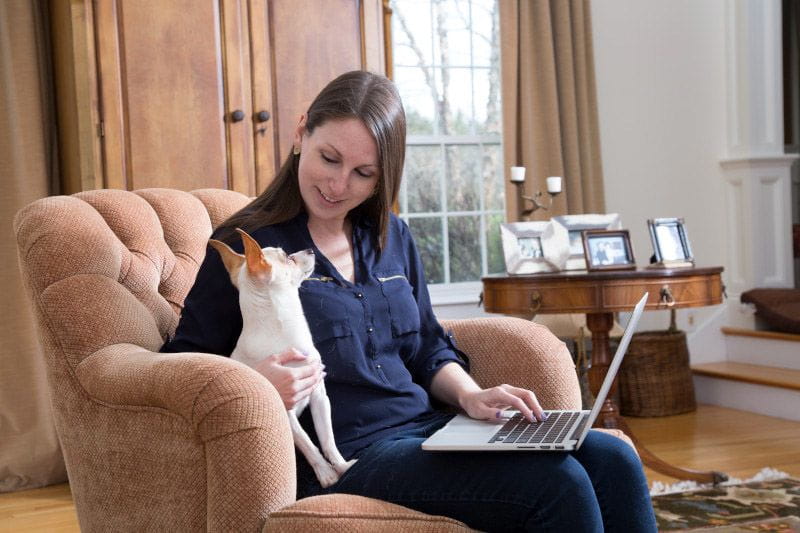The month of May is a bridge to summer when flowers and trees bloom. May is also Mental Health Awareness Month. The chaos of the past year has caused fear, anxiety, worry, isolation, and grief, taking a toll on Americans. A recent Center for Disease Control (CDC) study reports that 41.5% of Americans describe anxiety and depressive disorders. For the past 70 years, Mental Health Awareness Month has existed to provide education and resources to increase awareness and mitigate the stigma associated with mental illness. Unfortunately, some stigma still exists and often prevents individuals from seeking help and without help, mental illness can spiral out of control, causing havoc on individuals and their loved ones.
Mental Health Awareness begins with demonstrating compassion, empathy, and respect for those experiencing mental illness. Awareness also means doing a self-check, practicing self-care, and looking out for others. I thought my family was holding up pretty well during the pandemic – until a family member committed suicide in December of 2020. Those closest to him, those who were able to see him during social distancing, noticed he seemed different. But he insisted he was OK. He had a lifetime affinity for trains and kept a train set in his basement. He chose to end his life by train, much to our dismay and despair. His emotional pain must have been severe. Sadly, though, his pain did not die with him; it passed on to family members, who now bear the emotional pain of loss, shock, grief, and guilt.
While one in 20 suffer severe mental illness, one in five experience some sort of mental disorder, which, if not addressed, can deteriorate. Mental health involves our emotions (feelings), cognitions (thoughts), and relationships (with ourselves and others). Experts at the CDC emphasize that the pandemic has caused intense symptoms of despair, isolation, sadness, hopelessness, sleeping disorders, difficulty concentrating, relationship problems, and worsening of physical health. Awareness also consists of learning strategies to manage stress, anxiety, and depressive disorders to better navigate life challenges and obstacles. Recognizing and addressing mental health is fundamentally important and will continue to be so even when the pandemic has passed.
If you are interested in learning more about emotional wellbeing or emotional intelligence, you will likely benefit from the book Permission to Feel by Yale University Professor Marc Brackett, Ph.D. You may also want to consider mental health advocacy. Advocates learn how to approach, listen to, and support those in need -- whether a family member, friend, co-worker, or even a stranger. As an advocate, you could, for example, volunteer for a mental health organization.
To be an effective advocate for others, we first must learn to advocate for ourselves. The National Council for Mental Wellbeing encourages everyone to practice self-care as a way to stay mentally healthy. For starters, they suggest the basics of getting enough sleep, exercising regularly, and eating healthy. They also encourage seeking ways to relax, laugh, be kind to yourself, and set healthy boundaries. And, they stress the importance of having a support system and staying connected – even as we self-distance.
In his book, Professor Brackett, who considers himself an emotion scientist, explains that by being emotionally skilled, we can recognize, understand, and regulate our emotions so that our thoughts and feelings do not drag us down. He explains, "We all want our lives...to be free of hardship and troubling events. We can never make that happen. We all want lives filled with healthy relationships, compassion, and a sense of purpose. That we can make happen. "1 To me, that sounds like a worthy endeavor.
To learn more about mental health and advocacy:
- Mental Health America
- National Association of Behavior Healthcare
- American Psychiatric Association
- National Alliance on Mental Illness
- American Psychological Association
1 Brackett, Ph.D., Marc (2019). Permission to Feel. Celadon Books Division of Macmillan Publishers. New York, New York.





